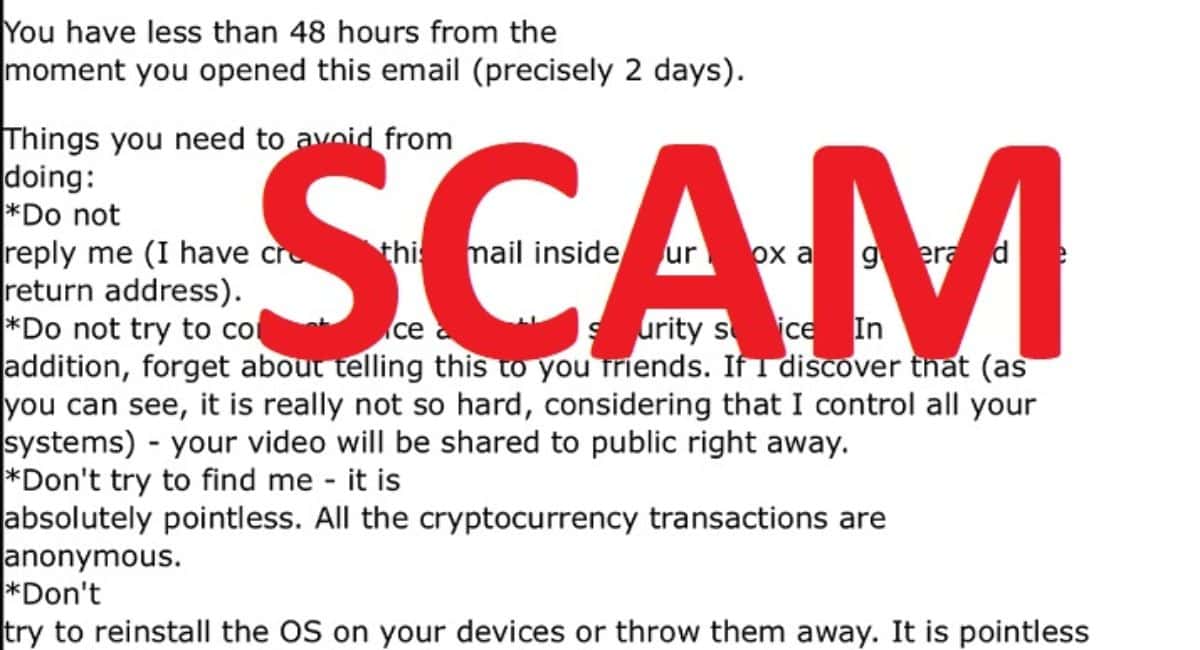Cybersecurity experts also become victims of email scams
 Image courtesy:Scamwatch_gov/Twitter
Image courtesy:Scamwatch_gov/Twitter
A cybersecurity expert named Oliver Buckley reminisces that in 2018, how he got scammed by receiving an email from the pro-vice-chancellor of his university.
According to the Mint, he said, “This is it, I thought. I’m finally getting recognition from the people at the top. Something wasn’t right, though. Why was the pro-vice-chancellor using his Gmail address? I asked how I could meet. He needed me to buy 800 pound worth of iTunes gift cards for him, and all I needed to do was scratch off the back and send him the code. Not wanting to let him down, I offered to pop down to his PA’s office and lend him the 5 pound note I had in my wallet. But I never heard back from him.”
Data from Google Safe Browsing indicates that nearly 75 times as many phishing sites as there are malware sites on the internet.
Almost 20% of all employees are likely to click upon the phishing email links, and a staggering 68% proceed to enter their credentials on a phishing website.
Email spam cons all around the world cost businesses nearly $ 20 billion every year.
Business consultant and tax auditor BDO’s research finds out that six out of ten mid-sized businesses in the UK were defrauded in 2020, suffering average losses of 245,000 pounds.
“Targets are normally chosen based on their rank, age, or social status. Sometimes, spamming is part of a coordinated cyber attack against a specific organization so targets are selected if they work or have connections to this organization,” a source as per the Mint.


